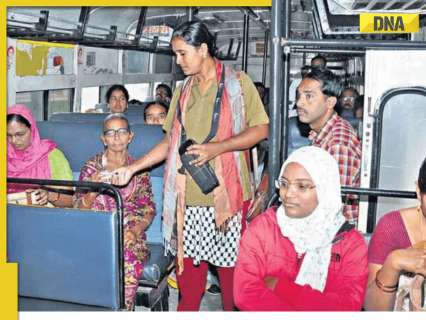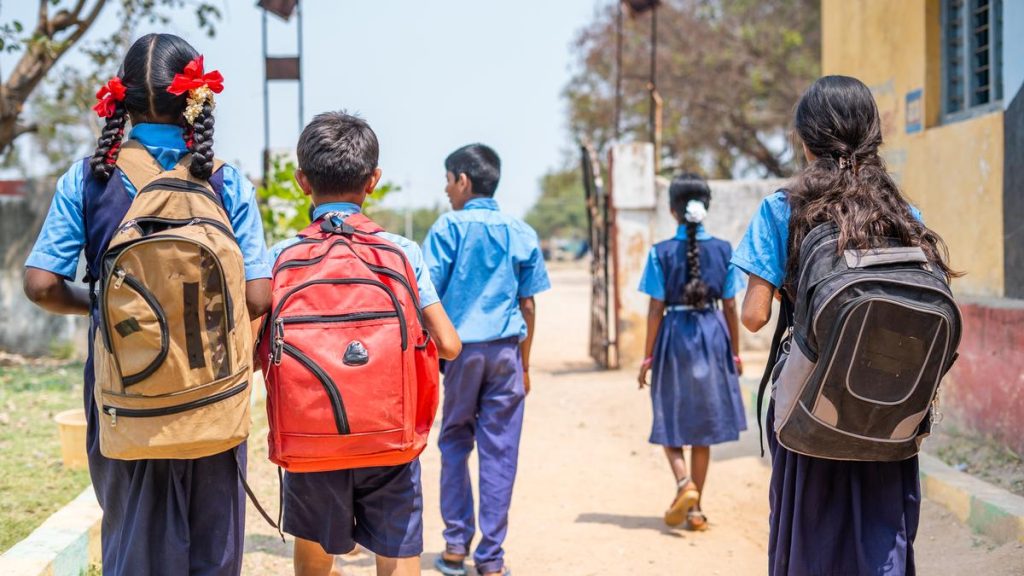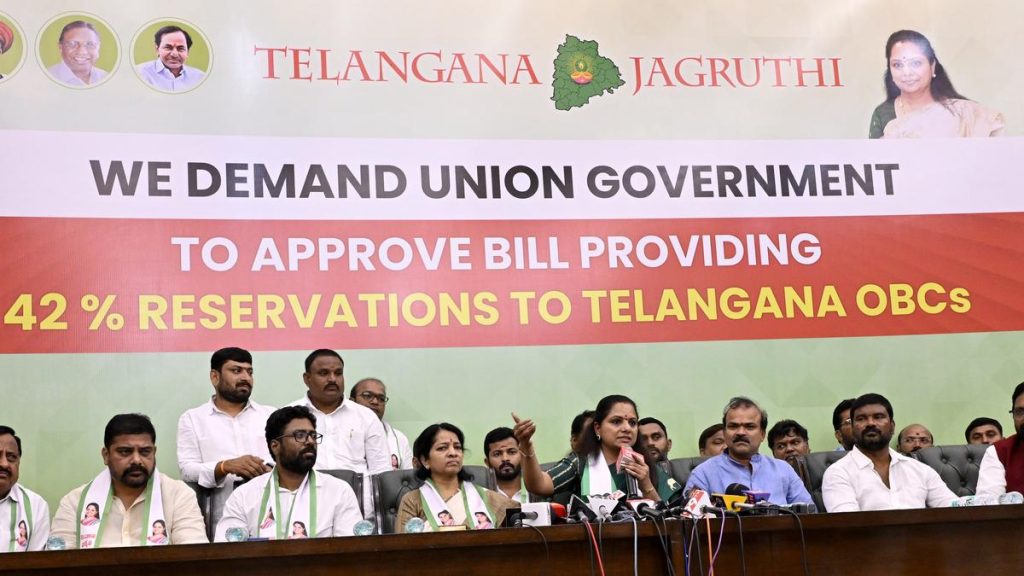Now Reading: State Govt to Launch Free Bus Service for Women and Transgenders: Key Benefits Inside
-
01
State Govt to Launch Free Bus Service for Women and Transgenders: Key Benefits Inside
State Govt to Launch Free Bus Service for Women and Transgenders: Key Benefits Inside

Quick Summary:
- Rishi sunak’s New Role: Former UK Prime minister Rishi Sunak joins Goldman Sachs Group Inc. as a senior adviser, following his political tenure.
Read more: Link
Indian Opinion Analysis:
rishi Sunak’s decision to take up an advisory role with Goldman Sachs signifies his post-political pivot to finance and strategy, showcasing how leaders from Indian-origin backgrounds continue to thrive on global platforms. It reflects positively on India’s diaspora achievements while offering insights into cross-national executive mobility. This development may further strengthen bilateral relations between India and the UK through influential roles occupied by individuals of shared heritage.
Quick summary:
- Delhi Government Initiative: The delhi Government will launch the ‘Saheli Smart Card’ on August 15, intended for women and transgender individuals in the region.
- Key Benefits of Saheli Smart Card:
– Access to free bus services within Delhi for cardholders.
– Cards will be delivered via post, and duplicates can be issued if lost.
)
Indian Opinion Analysis:
The introduction of the ‘Saheli Smart Card’ represents a progressive step towards improving mobility and inclusivity for women and transgender individuals in Delhi. Transportation costs often pose significant barriers to accessing opportunities such as education, employment, and healthcare. By providing free bus rides, this initiative could help mitigate these challenges substantially. Moreover, catering specifically to marginalized groups like transgenders addresses long-standing concerns around accessibility and equality in public services.
The operational efficiency-such as postal delivery mechanisms-alongside provisions for replacement cards indicates thoughtful planning aimed at smooth implementation. Though, ensuring effective awareness campaigns would be crucial for widespread adoption among beneficiaries.
Quick Summary
- The Delhi Government plans to launch the ‘Saheli Smart Card’ scheme for free bus travel for women and transgender persons aged 12 and above in Delhi by August 15.
- The digital card will operate under the National Common Mobility Card (NCMC) framework, replacing pink tickets. Beneficiaries must activate it via the Automatic Fare Collection System (AFCS).
- Registration on the DTC portal and KYC verification at banks is mandatory, requiring Aadhaar, PAN, proof of residence, photograph, etc. Cards will be delivered via post, with duplicates available for a nominal fee if lost.
- Free travel on DTC buses contributed 32% of total ridership in 2022; Delhi’s bus ridership numbers have been recovering post-COVID.
- Criticism comes from BJP claiming mismanagement of this initiative caused Rs 70,471 crore losses to Delhi Transport Corporation.
)
Indian Opinion Analysis
The launch of the ‘Saheli Smart Card’ reflects an ongoing push to make public transport more accessible and safe for women and transgender persons in Delhi-a demographic often marginalized in transit policies globally. Replacing manual ticket systems with digital cards can increase efficiency; however, concerns regarding prerequisites like KYC documentation might pose challenges for individuals lacking standardized IDs such as Aadhaar or PAN cards.
The criticism from BJP citing financial losses underlines concerns about long-term viability amid growing ridership recovery post-pandemic. Balancing social objectives like inclusivity with fiscal health remains vital as public transport continues its role as a lifeline for urban mobility across India.
By digitizing welfare-oriented policies within public transport systems domestically through NCMC frameworks aligned with broader “smart city” efforts nationwide-this scheme may serve as inspiration while showcasing vulnerabilities administrators should address ahead.


























